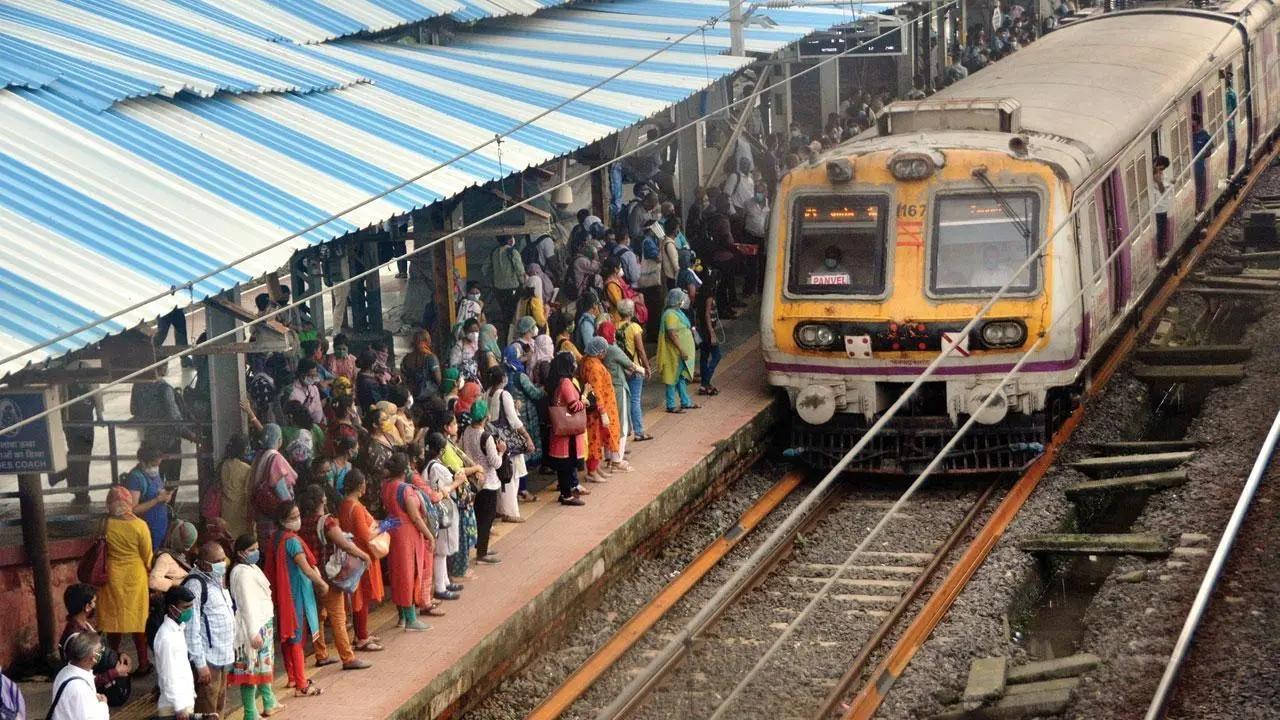Mumbai: The issue was successfully rectified at 6:52 hrs, but the delays have had a cascading effect

Image used for representation purpose. File Photo
Key Highlights
- The technical glitch was successfully rectified at 6:52 hrs.
- The delays have had a cascading effect, leading to trains running approximately 15-20 minutes behind schedule.
- Train delays due to technical or incidental reasons have been a concern in Mumbai and its suburban service.
In a recent development, a technical problem at Point No 101/102 in Borivali has caused significant delays in both the Up Local Line and Dn Local Line of the suburban railway services.
ADVERTISEMENT
The issue was successfully rectified at 6:52 hrs, but the delays have had a cascading effect, leading to trains running approximately 15-20 minutes behind schedule.
Train delays due to technical or incidental reasons have been a concern in Mumbai and its suburban services, at times, leading to affect the schedules of the citizens.
In a separate case, earlier on June 7, local train services on the Central Railway's Harbour Line were disrupted due to a fire near tracks between Juinagar and Nerul stations in Navi Mumbai. According to some commuters, the trains on the corridor were running late by 30 to 45 minutes, resulting in the crowds swelling on trains and at stations during the morning rush time. Central Railway's chief public relations officer Dr Shivraj Manaspure told PTI that the train services were disrupted after the grass caught fire near tracks between Juinagar and Nerul stations.
In another incident, on June 13, services on the Western Railway line experienced significant disruptions due to a signal failure near the Malad station. In order to inform the commuters, the DRM, Mumbai Central tweeted, "Due to a technical problem at Malad station, all up and down local trains are running late. The work is in progress and it will be fixed at the earliest. Inconvenience is regretted."
(With inputs from Western Railways)
(This is a developing story and will be updated as and when inputs are received)
 Subscribe today by clicking the link and stay updated with the latest news!" Click here!
Subscribe today by clicking the link and stay updated with the latest news!" Click here!







